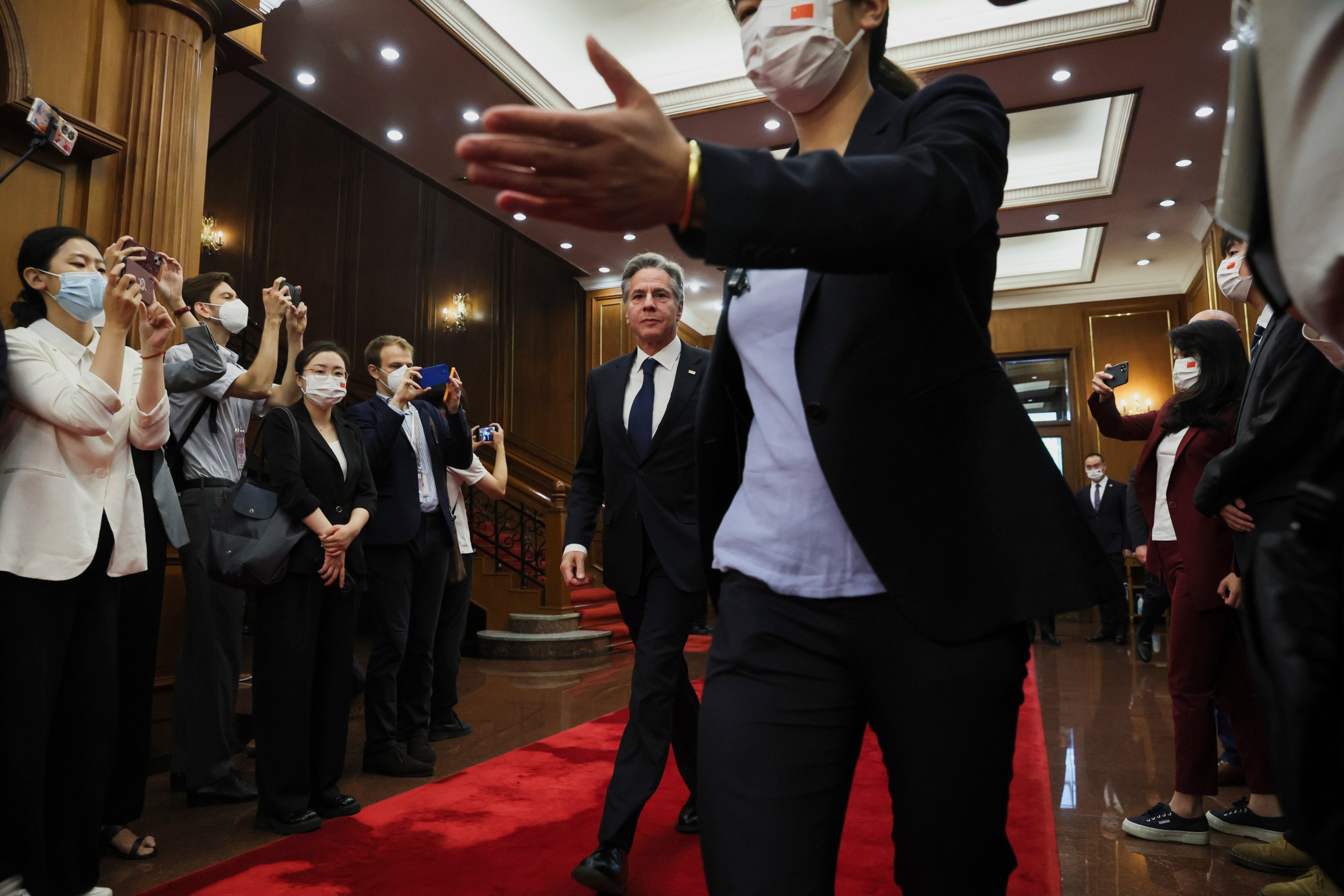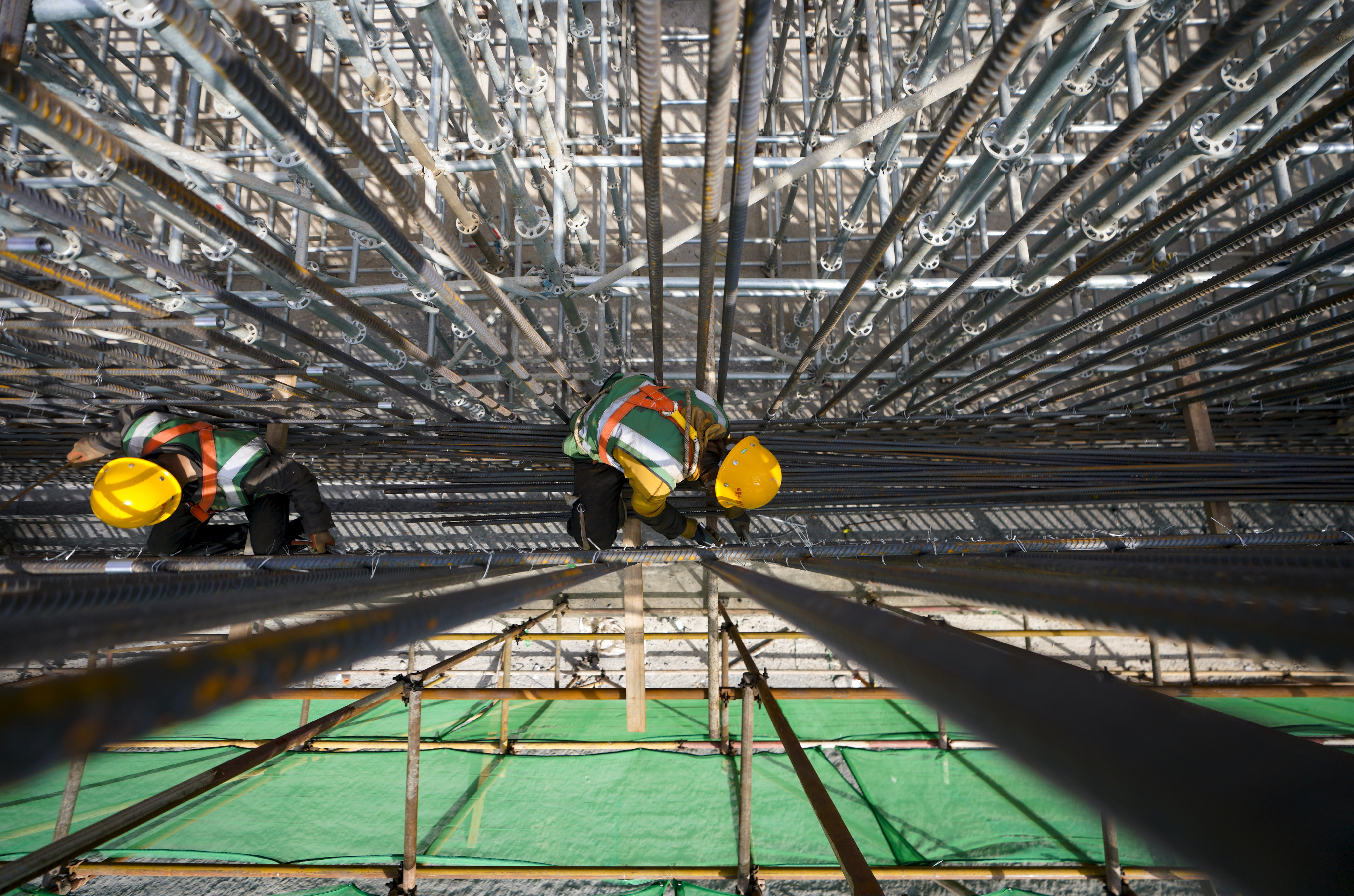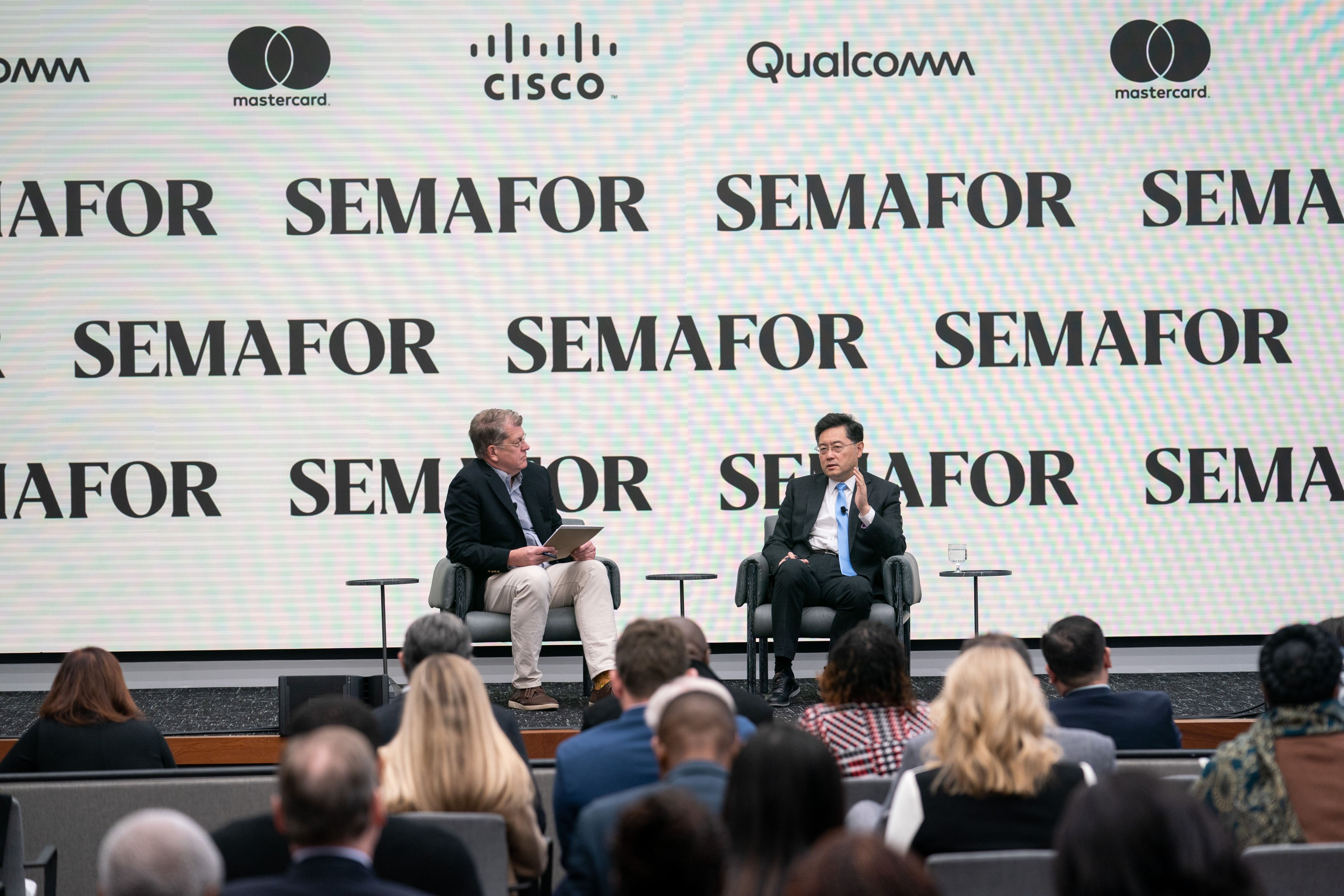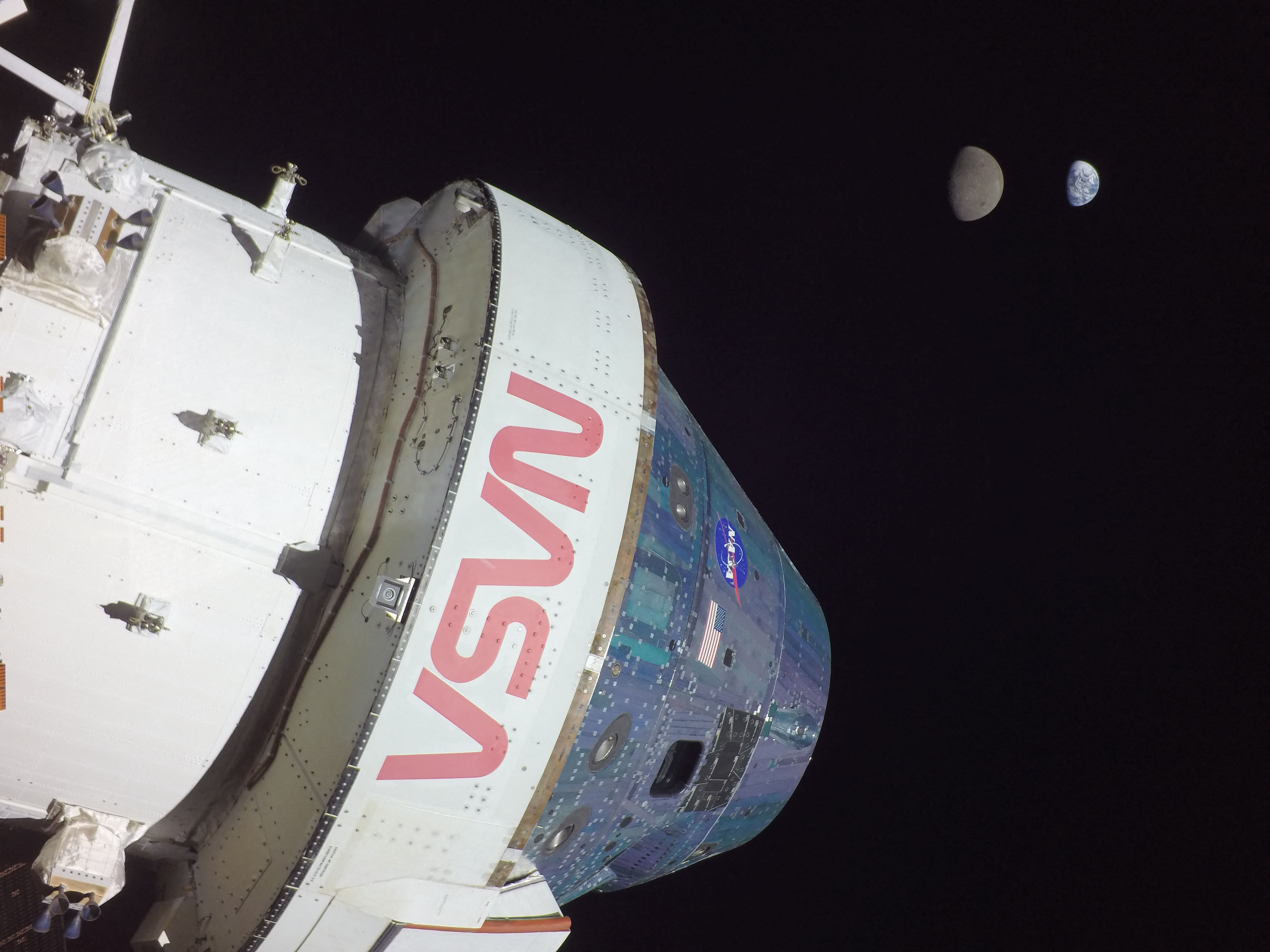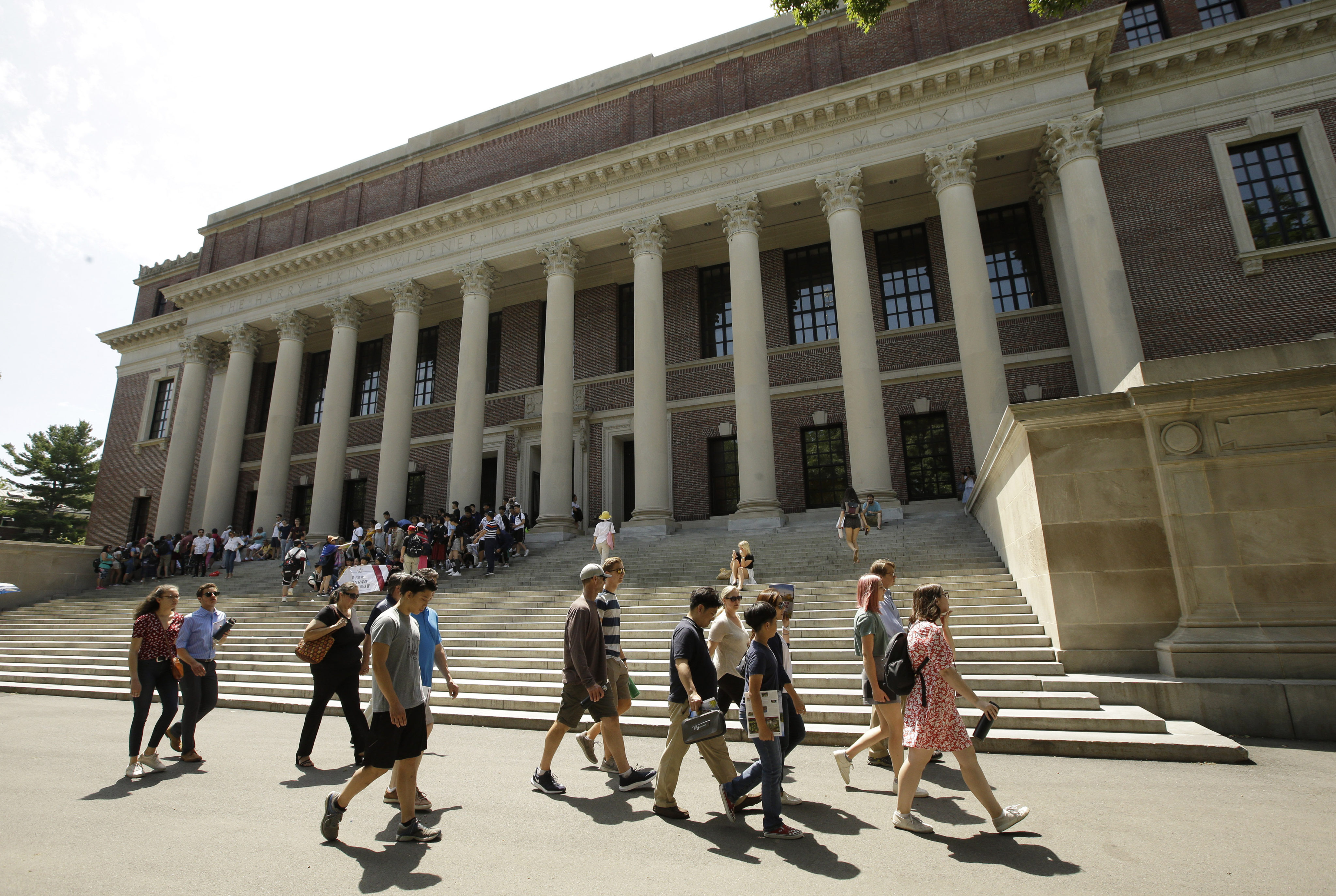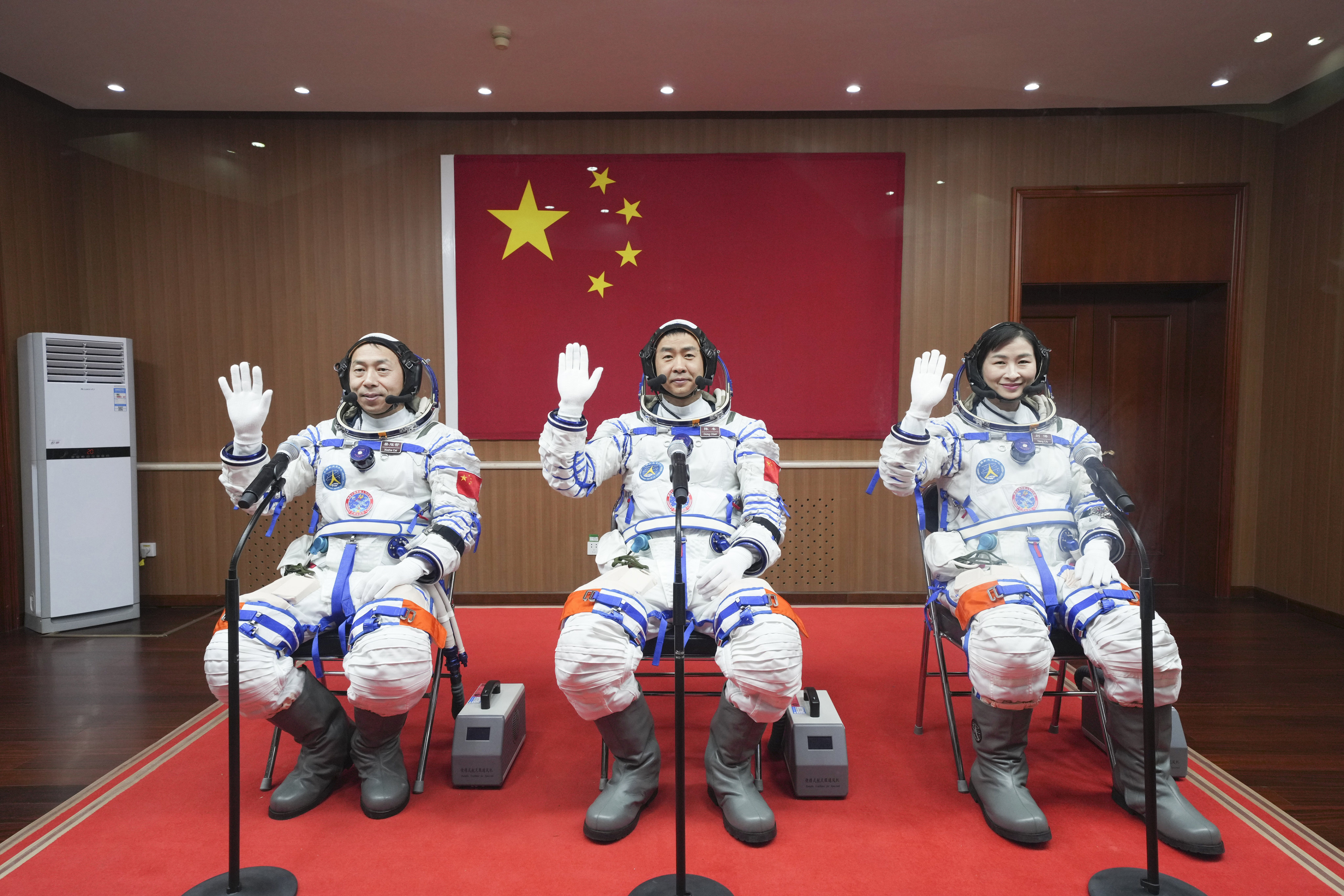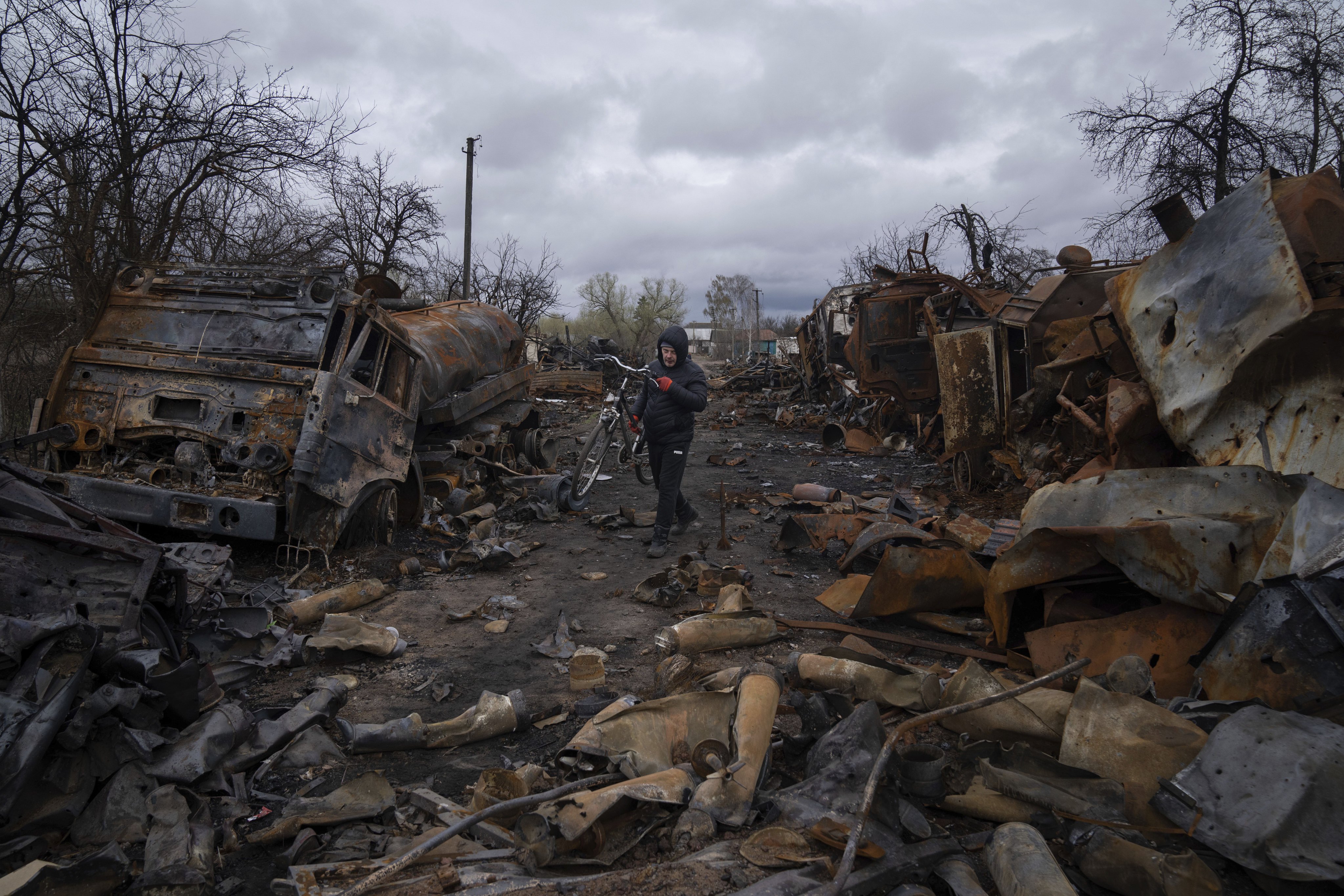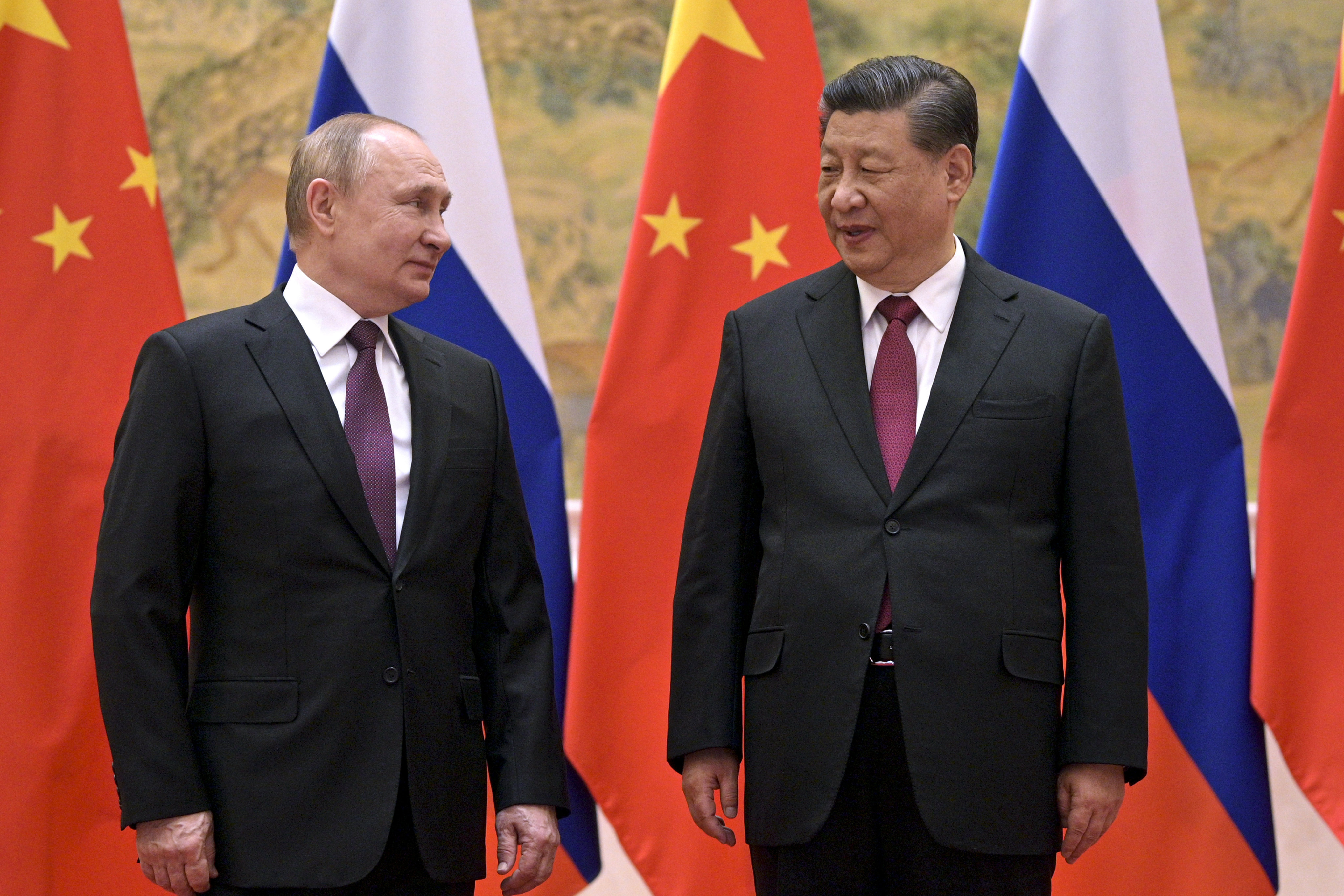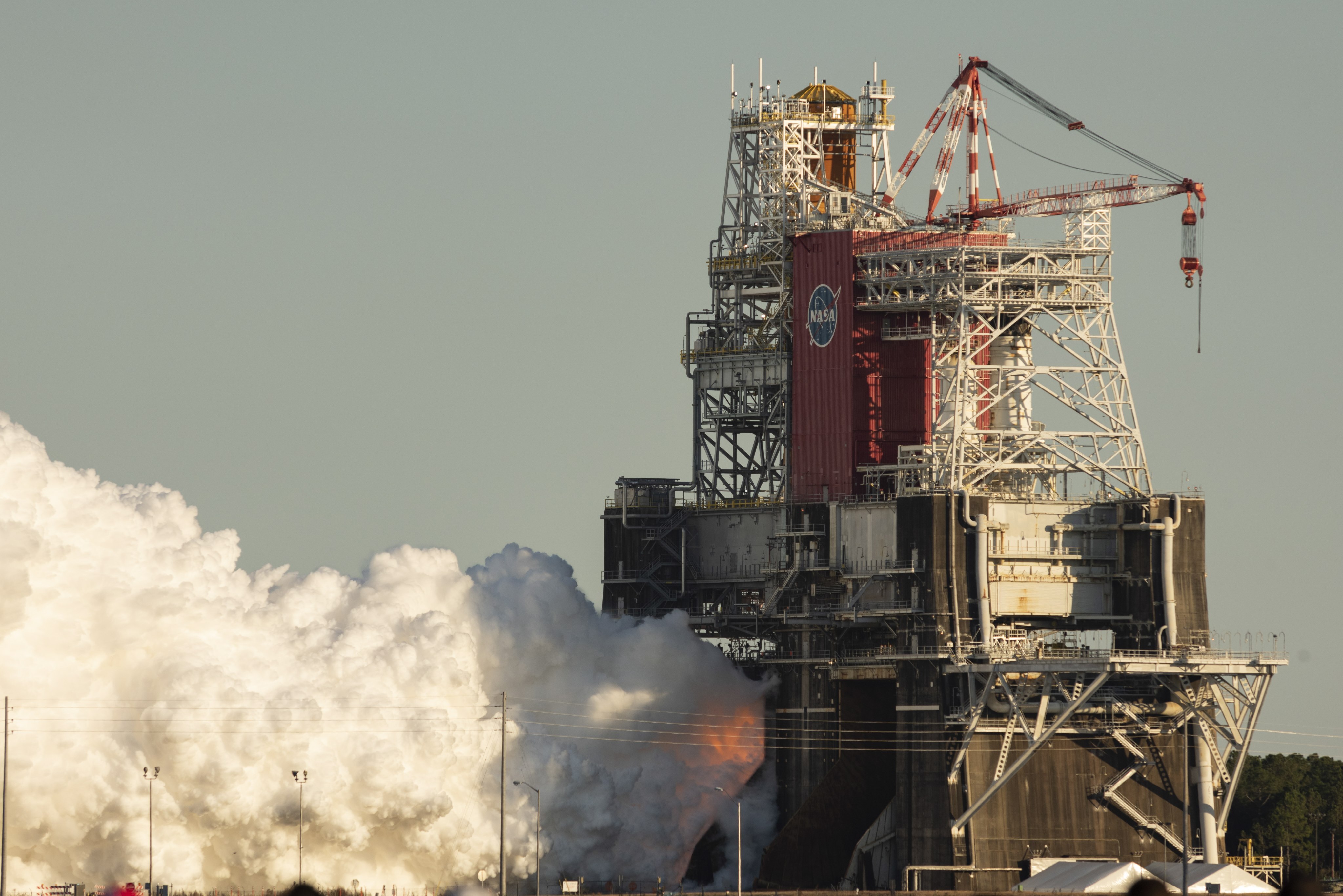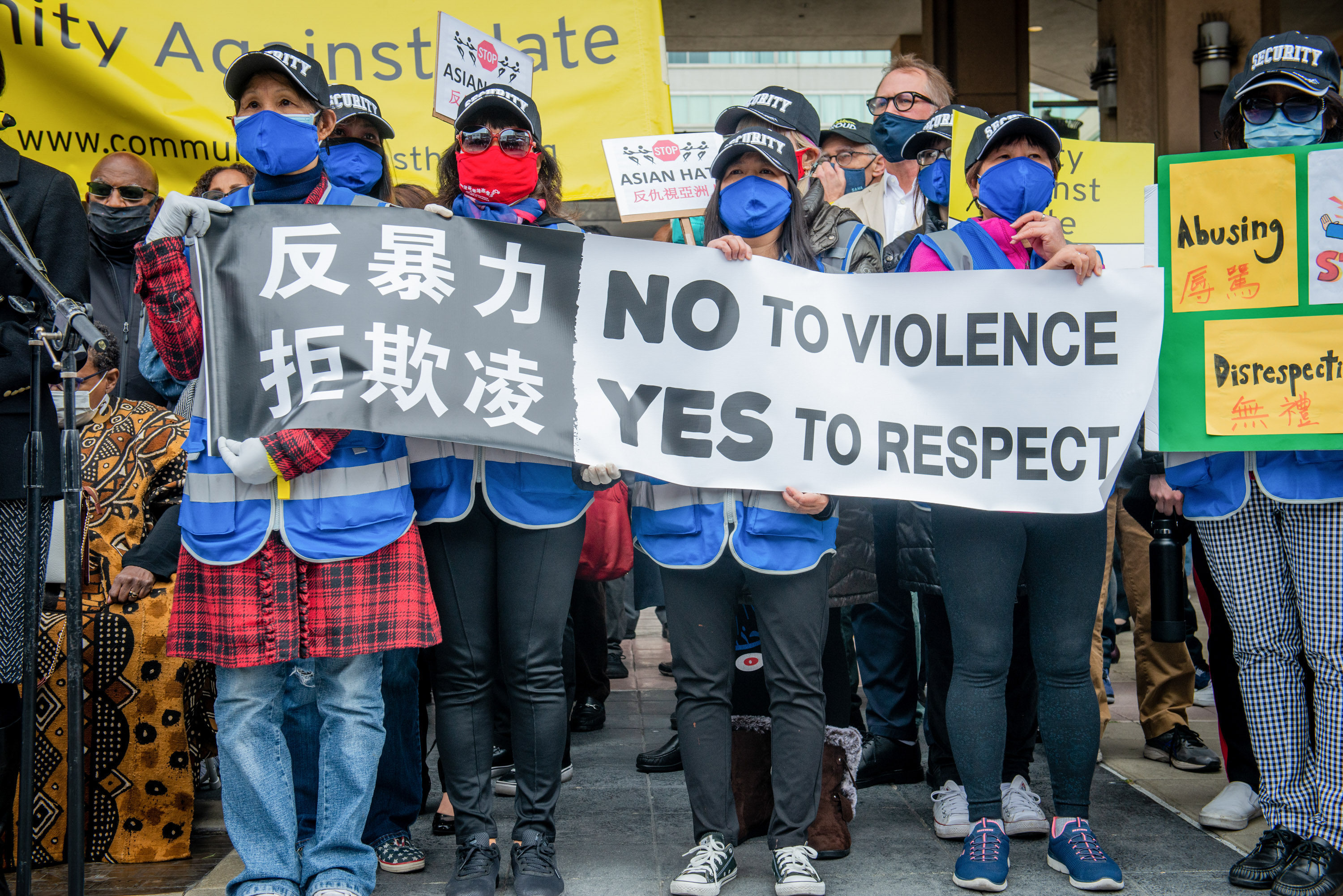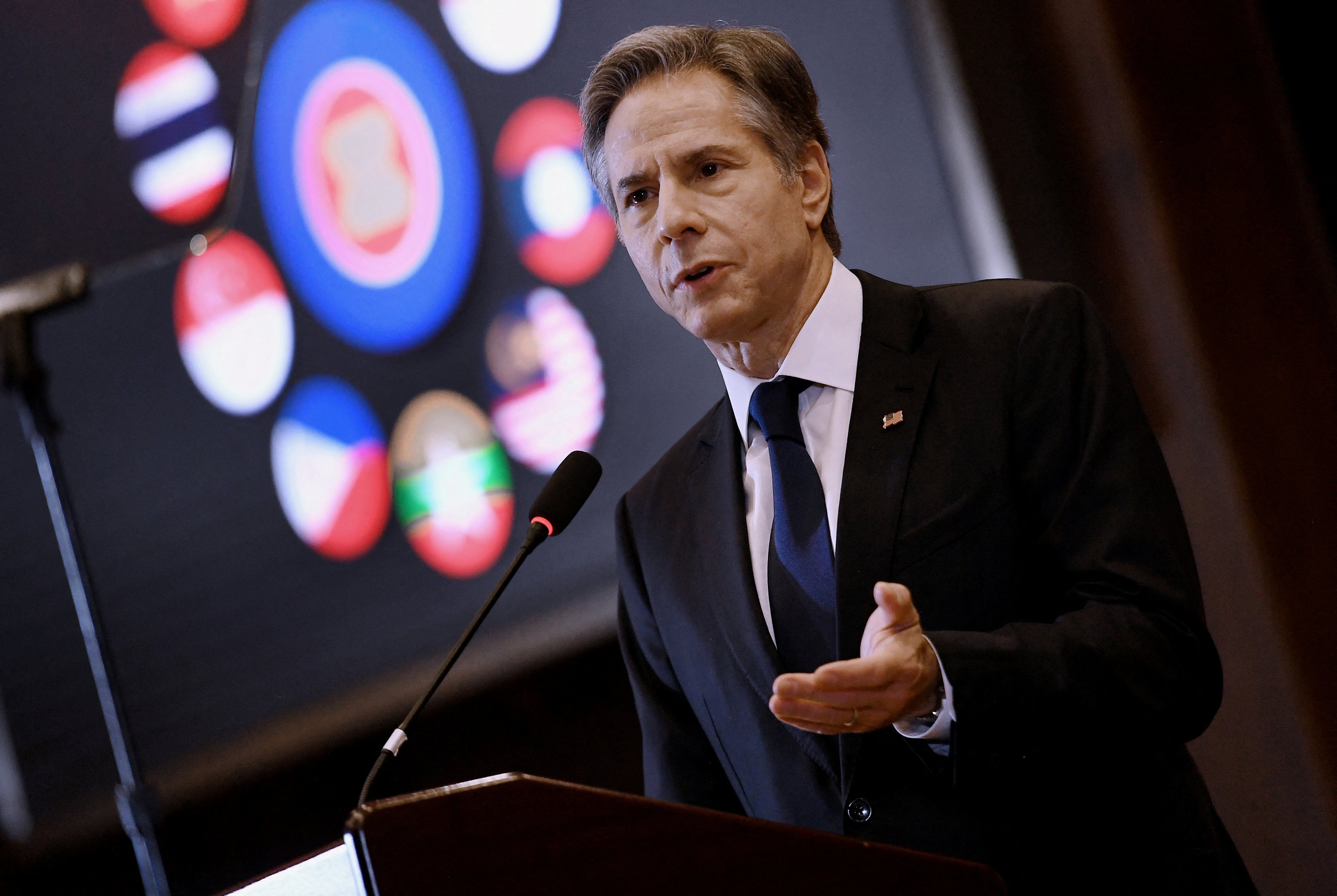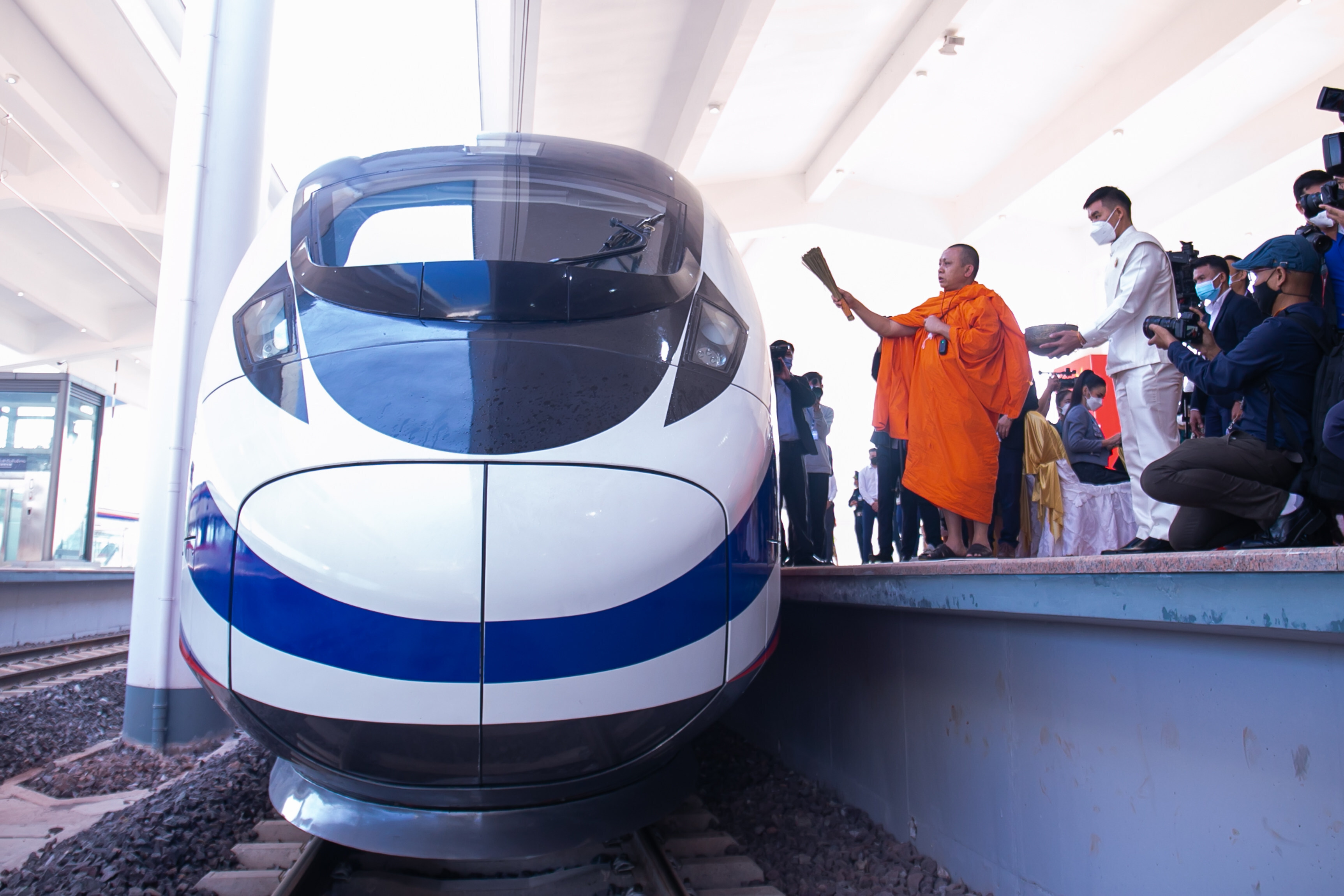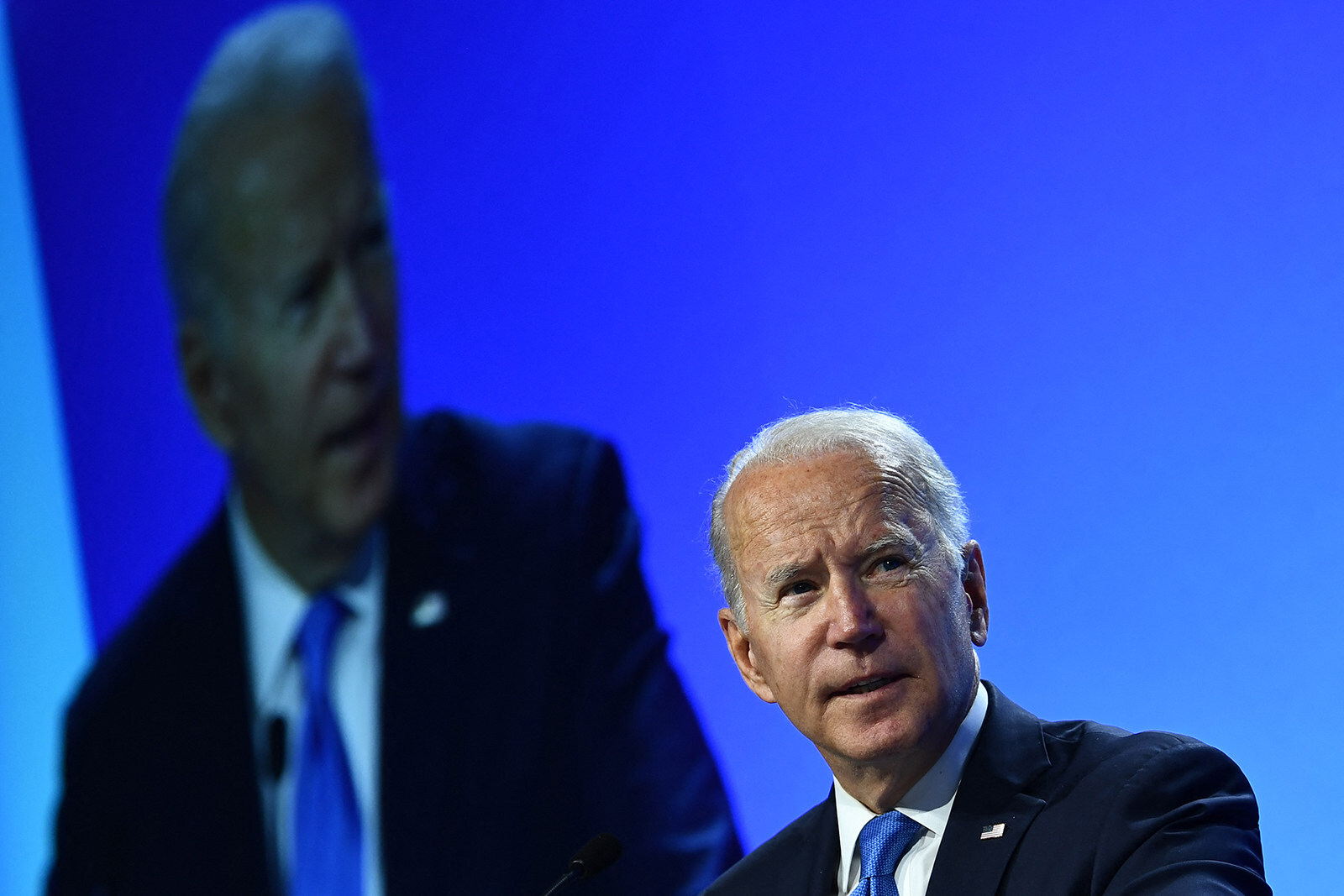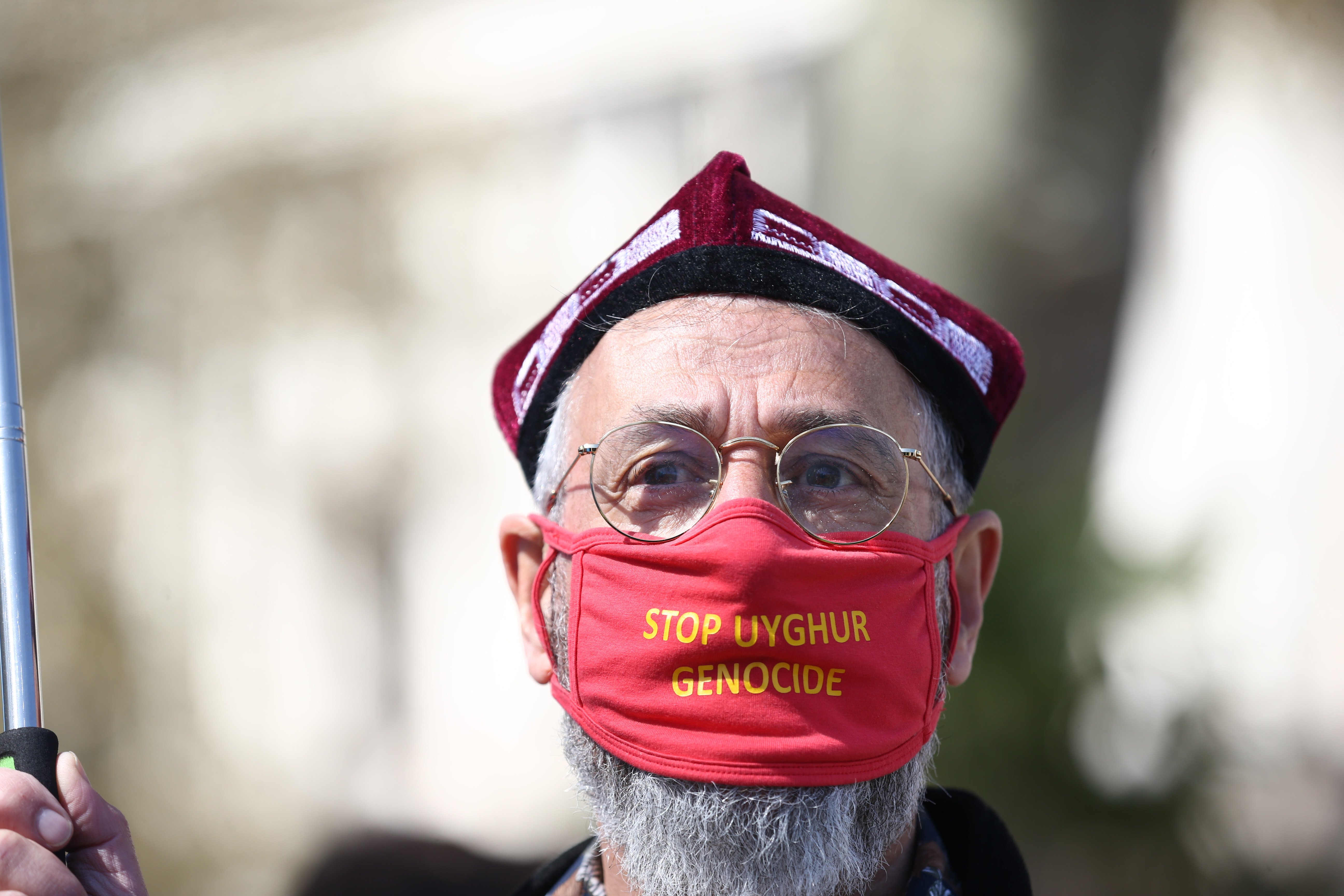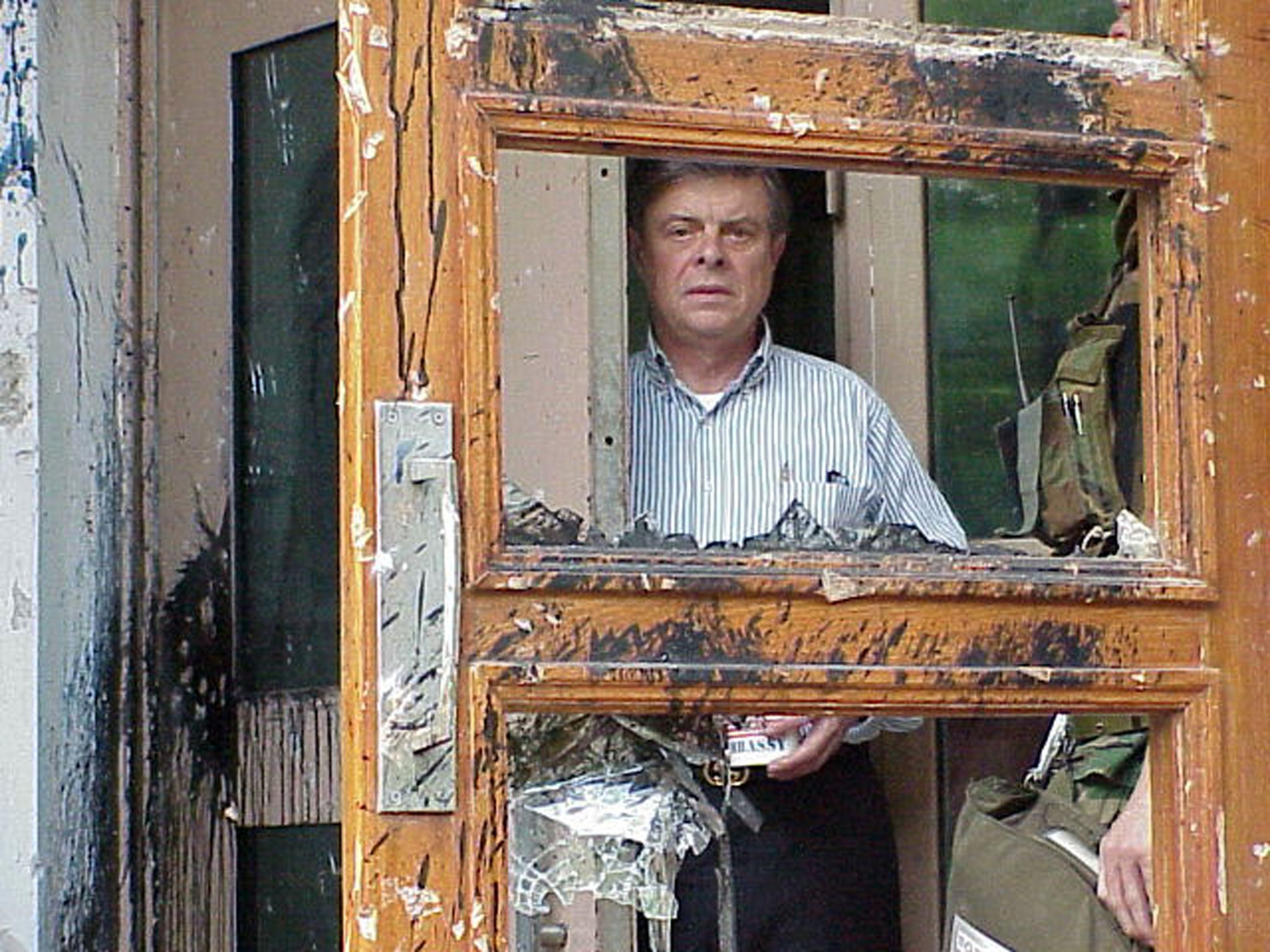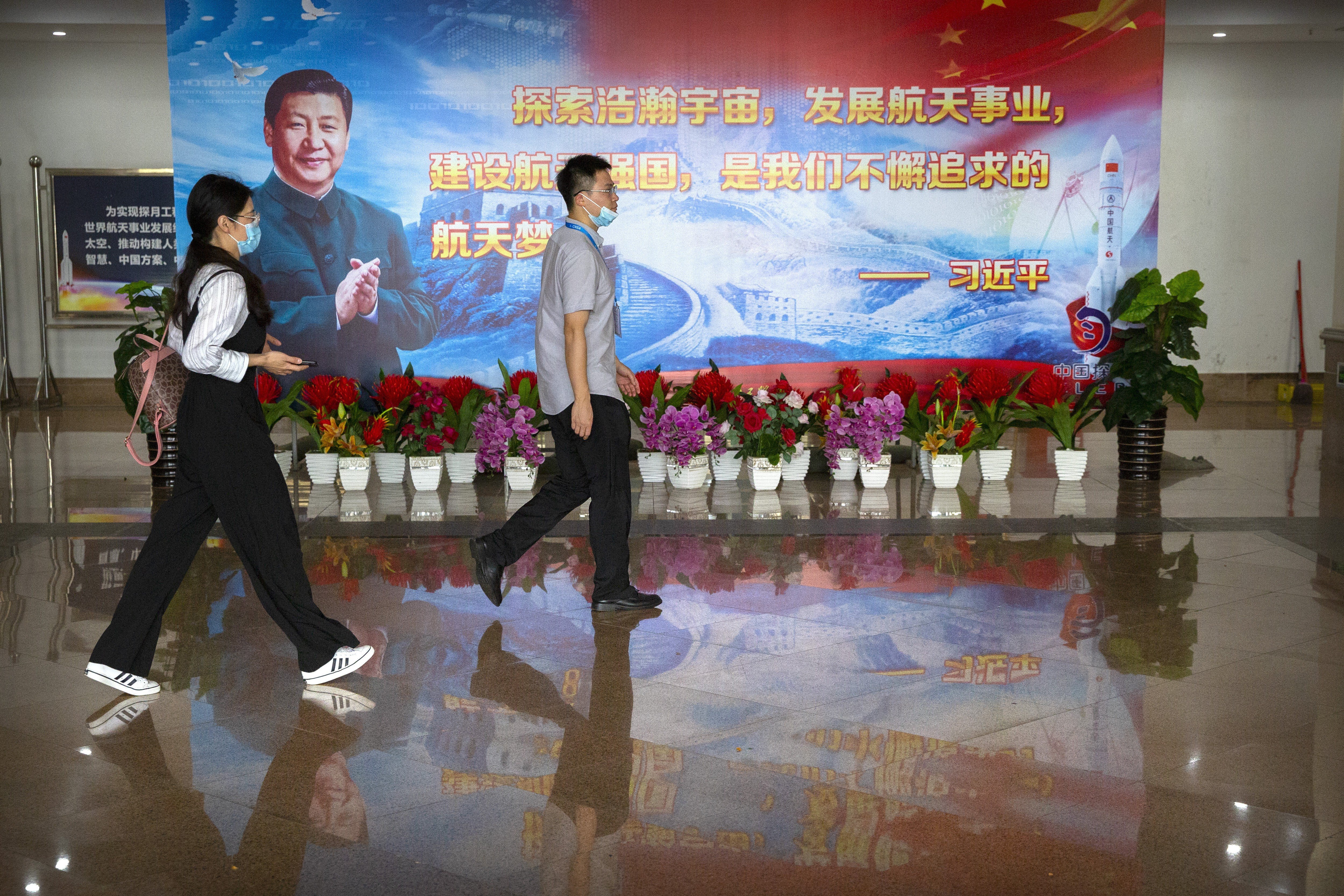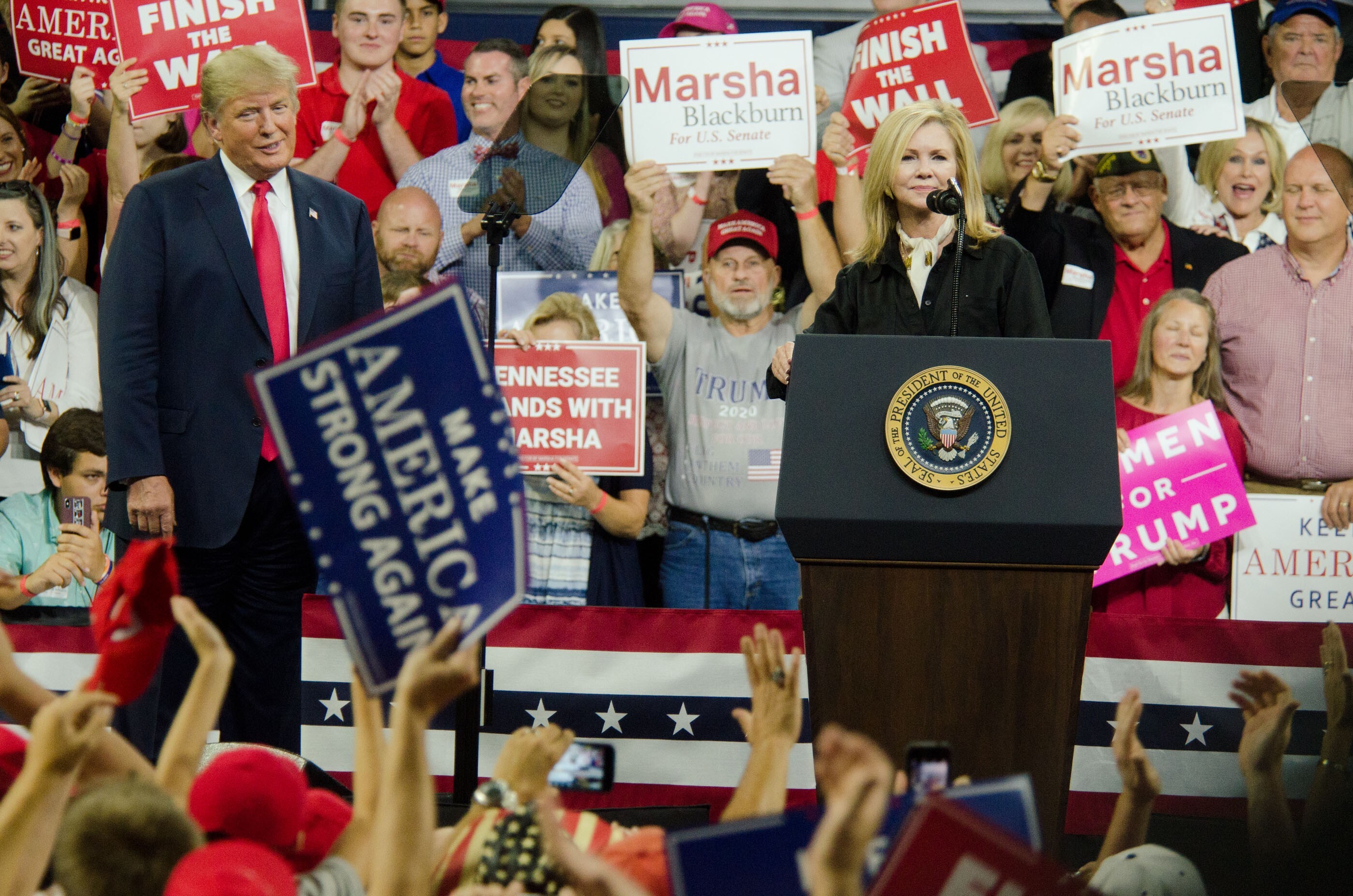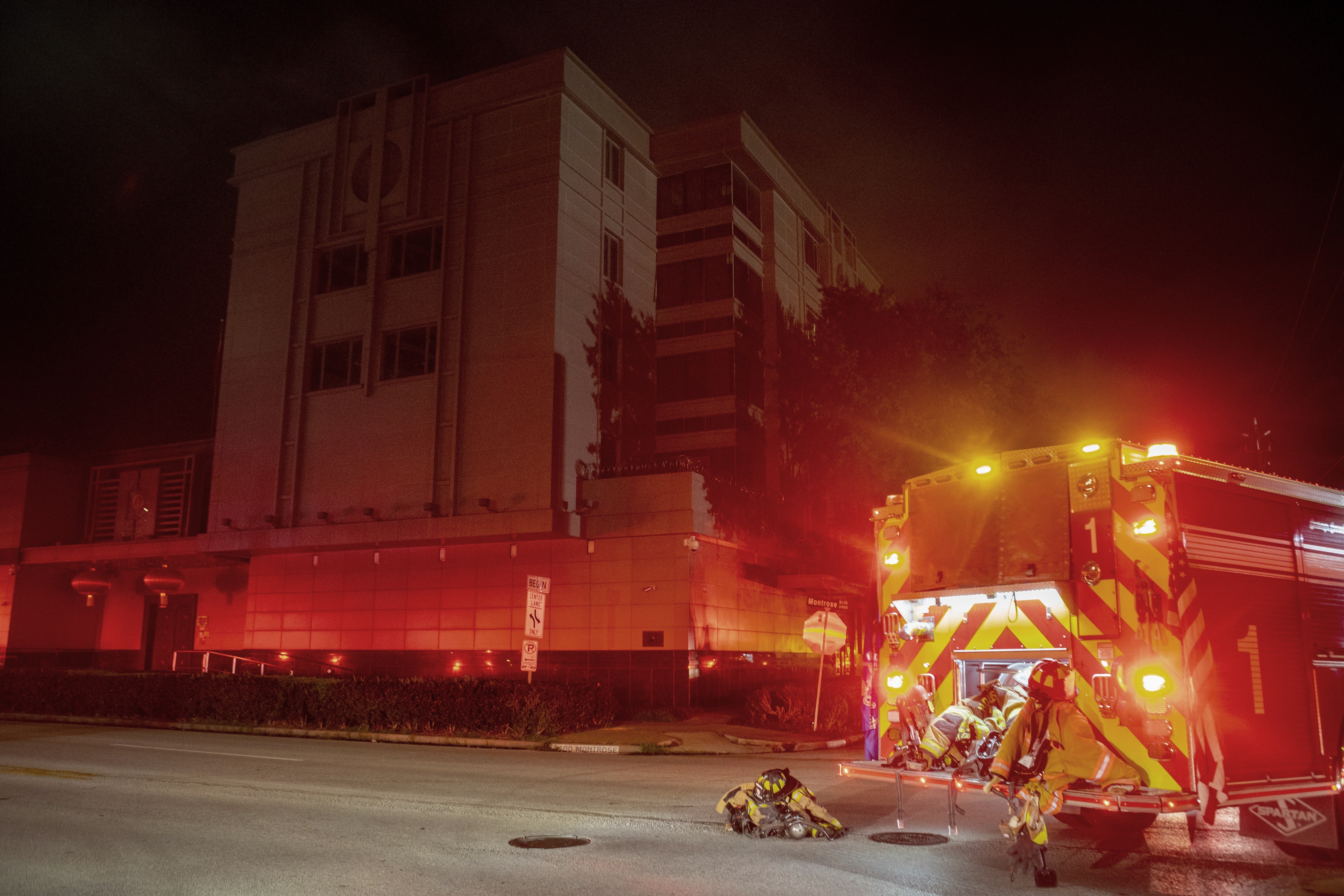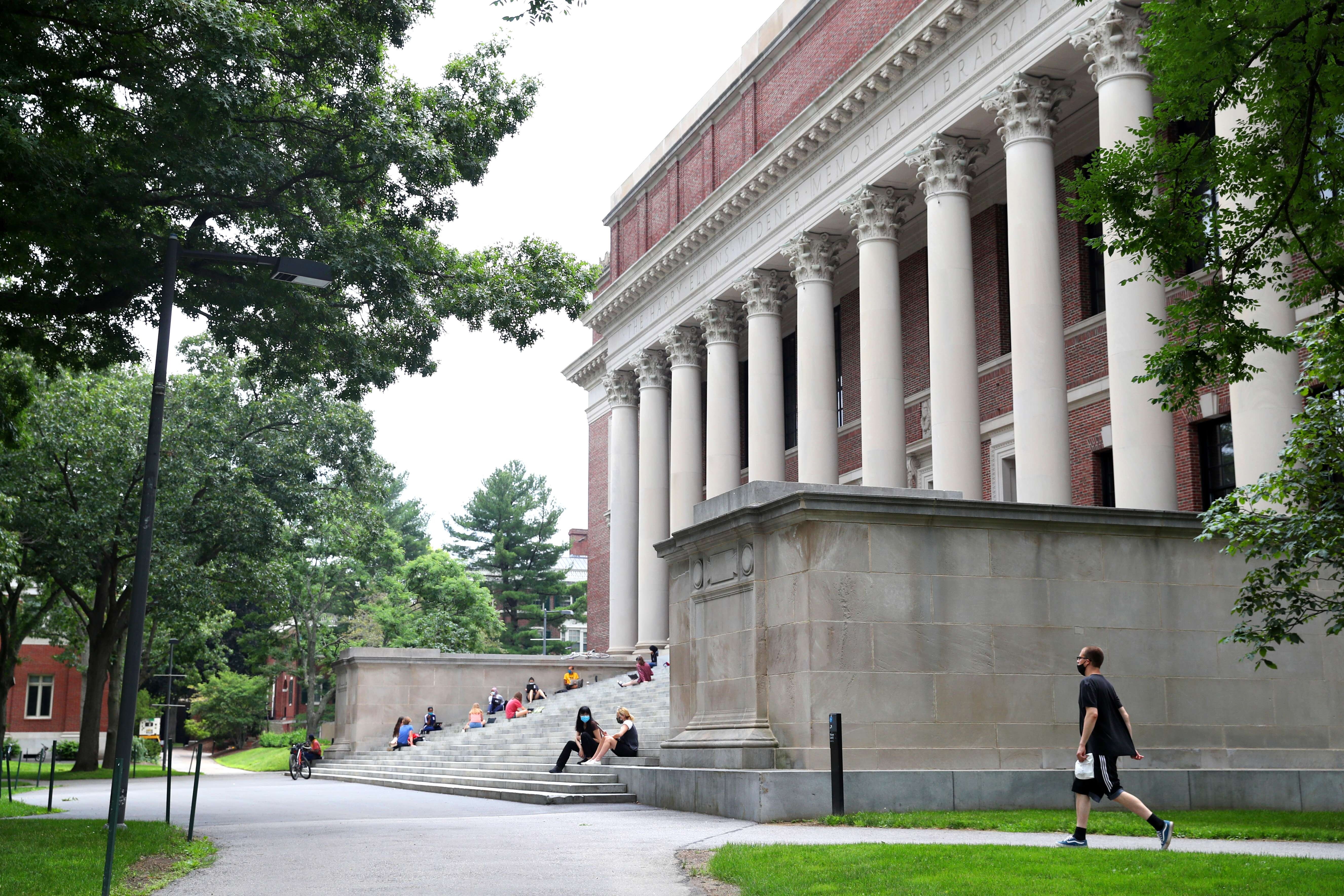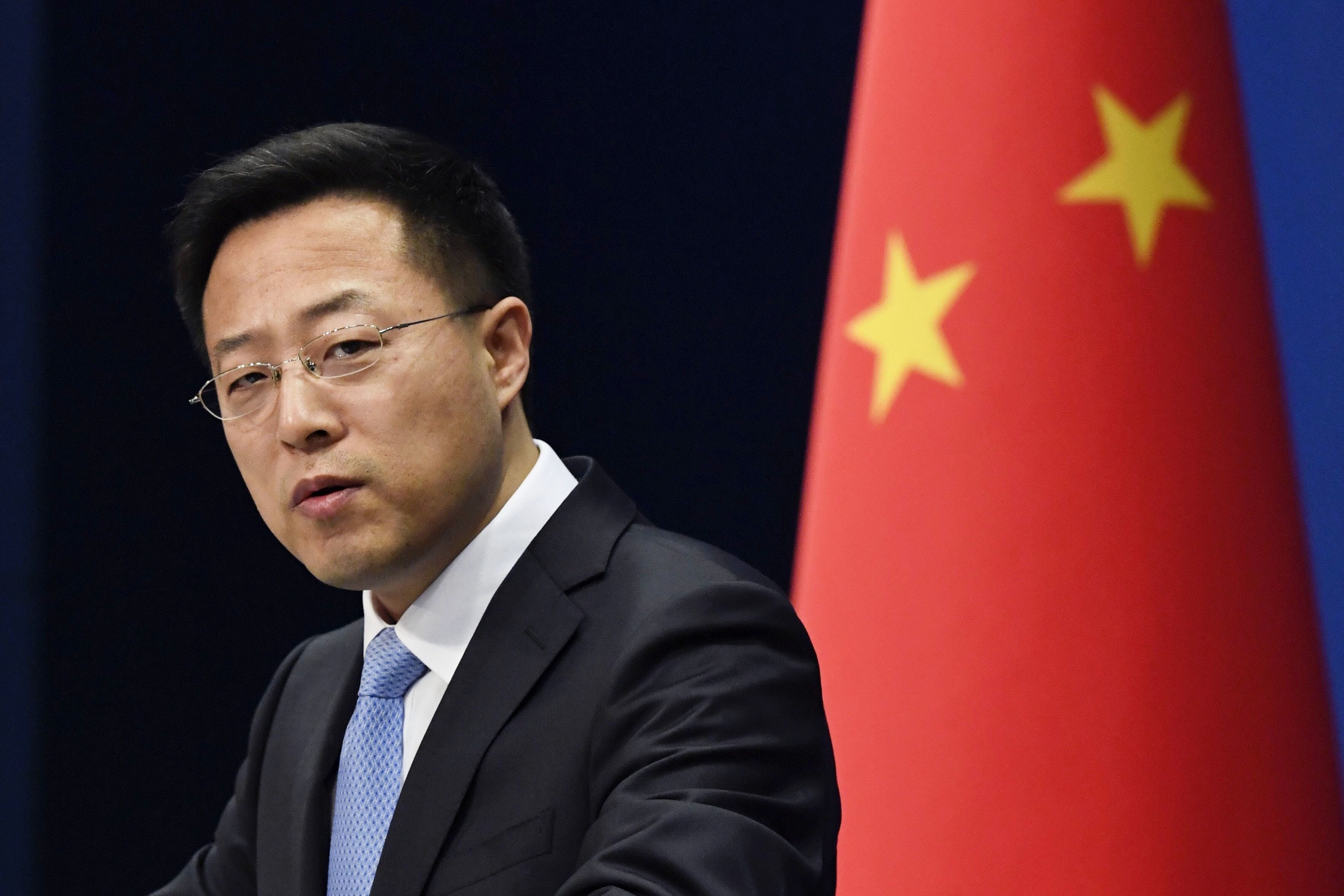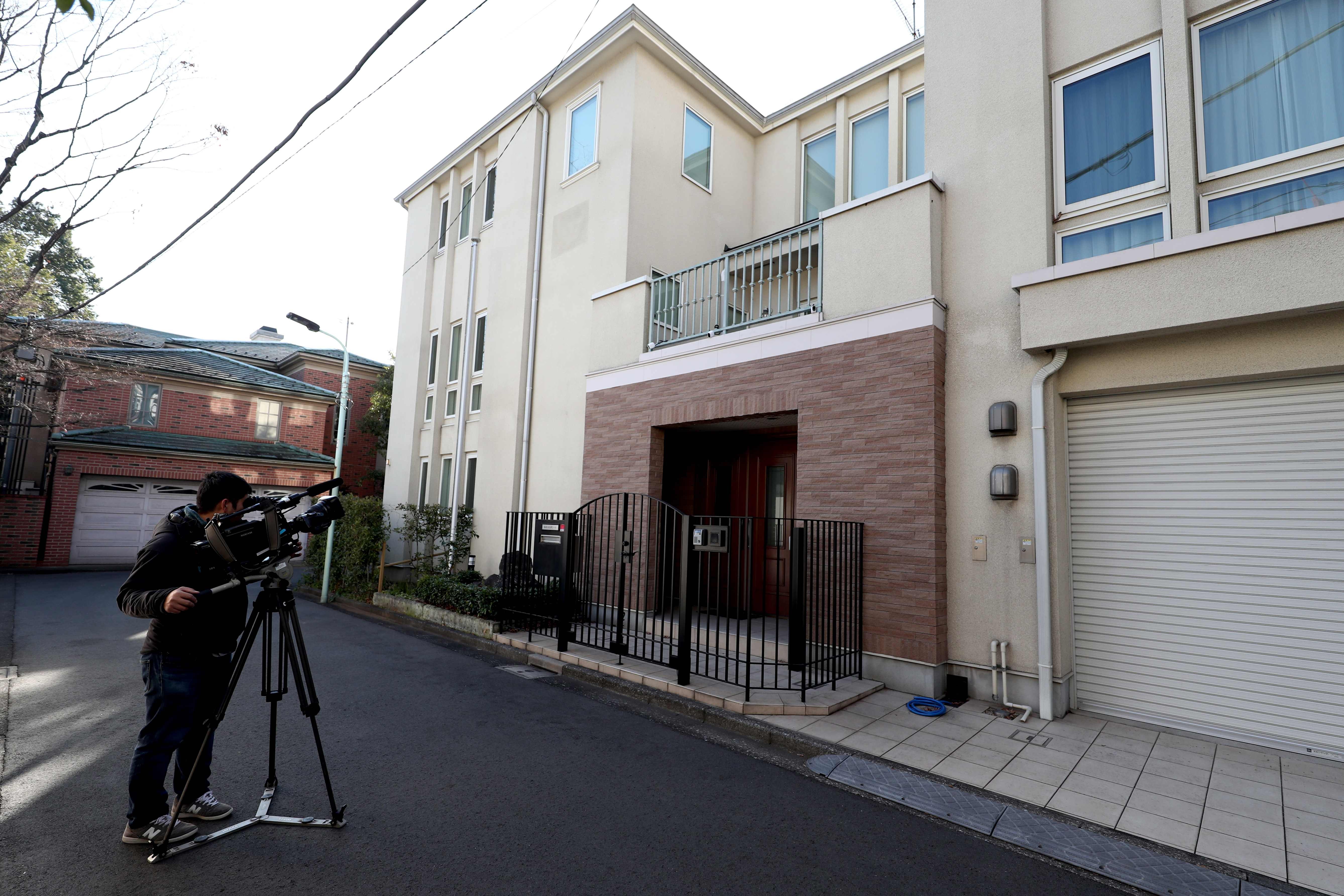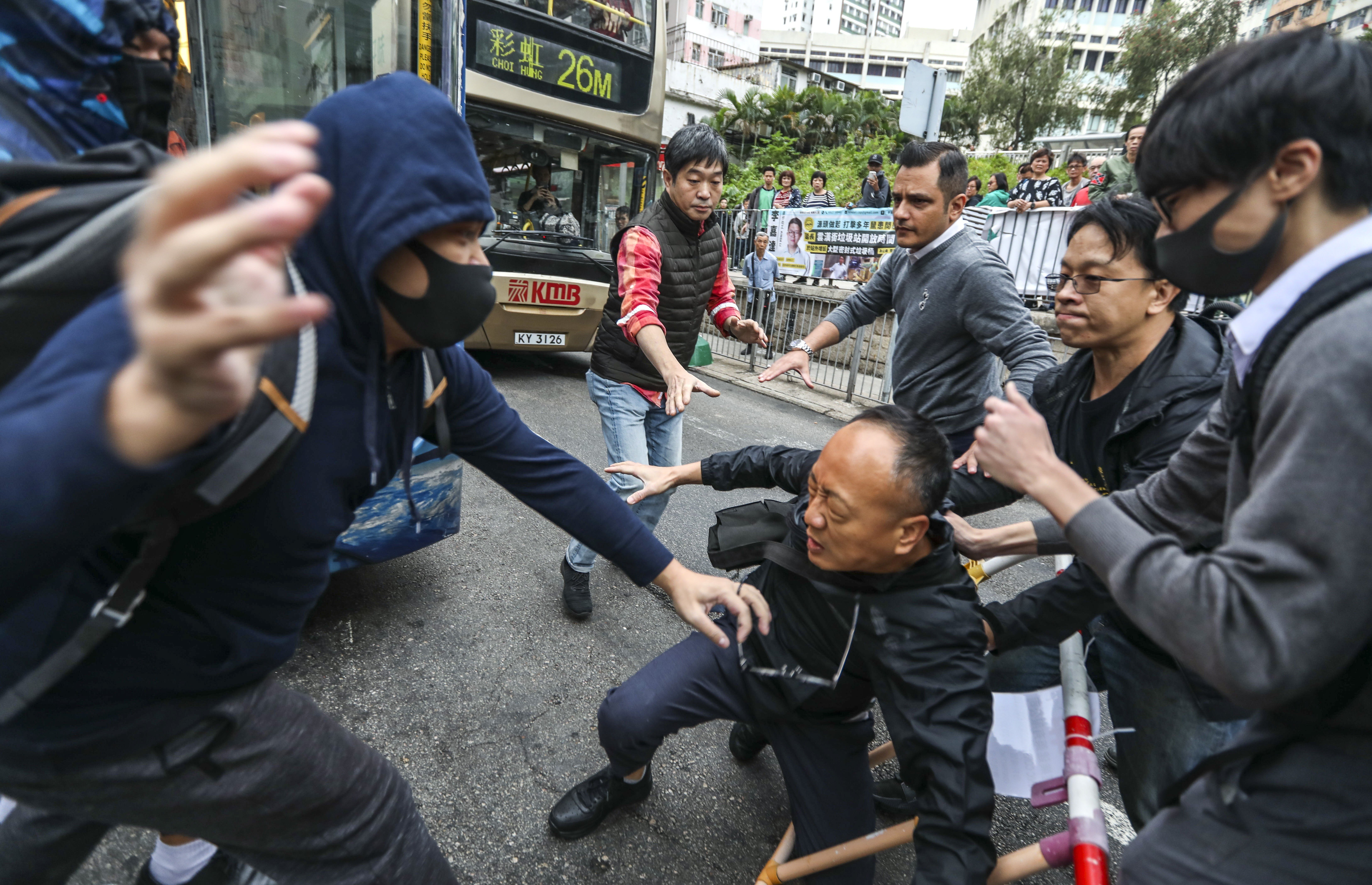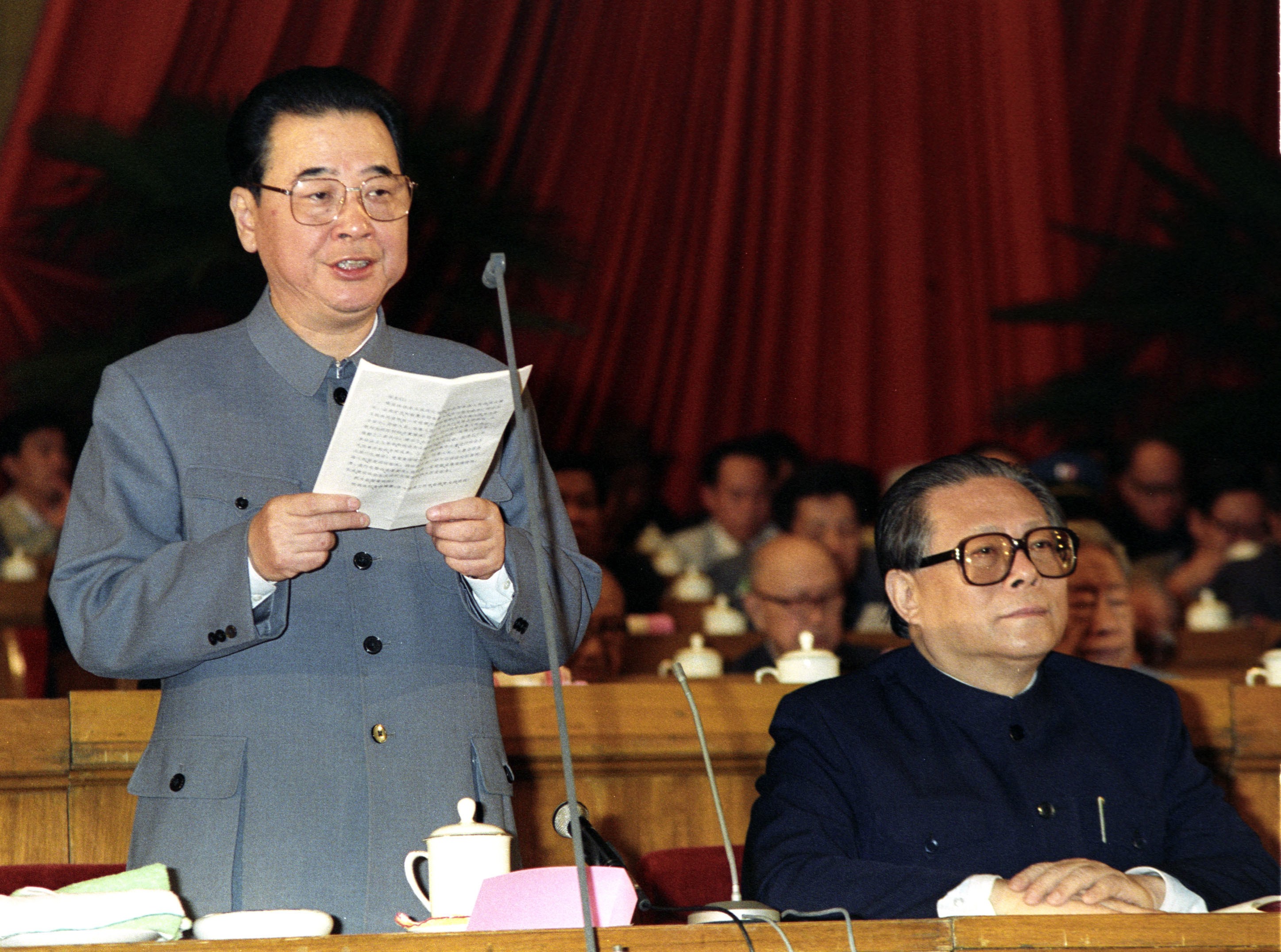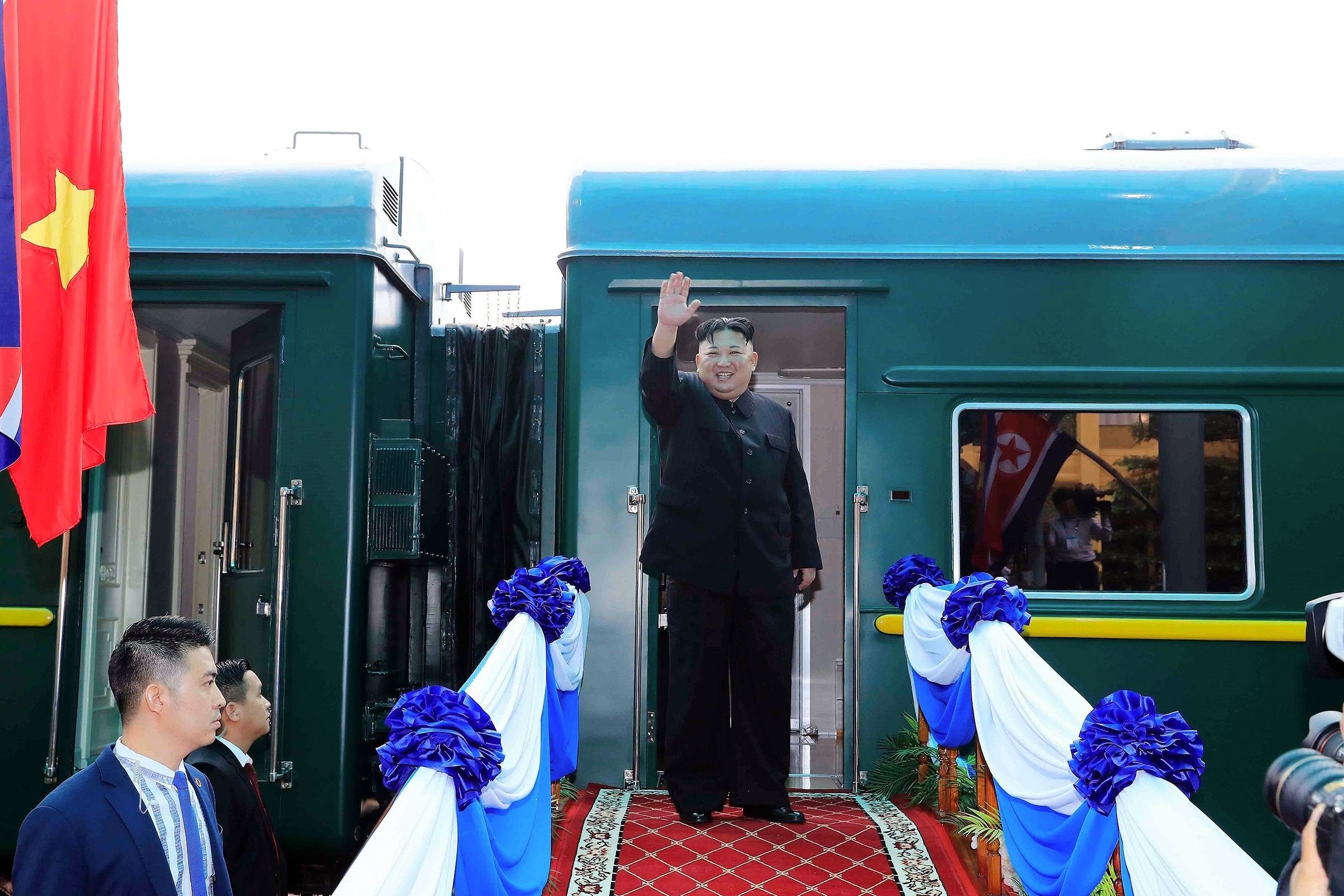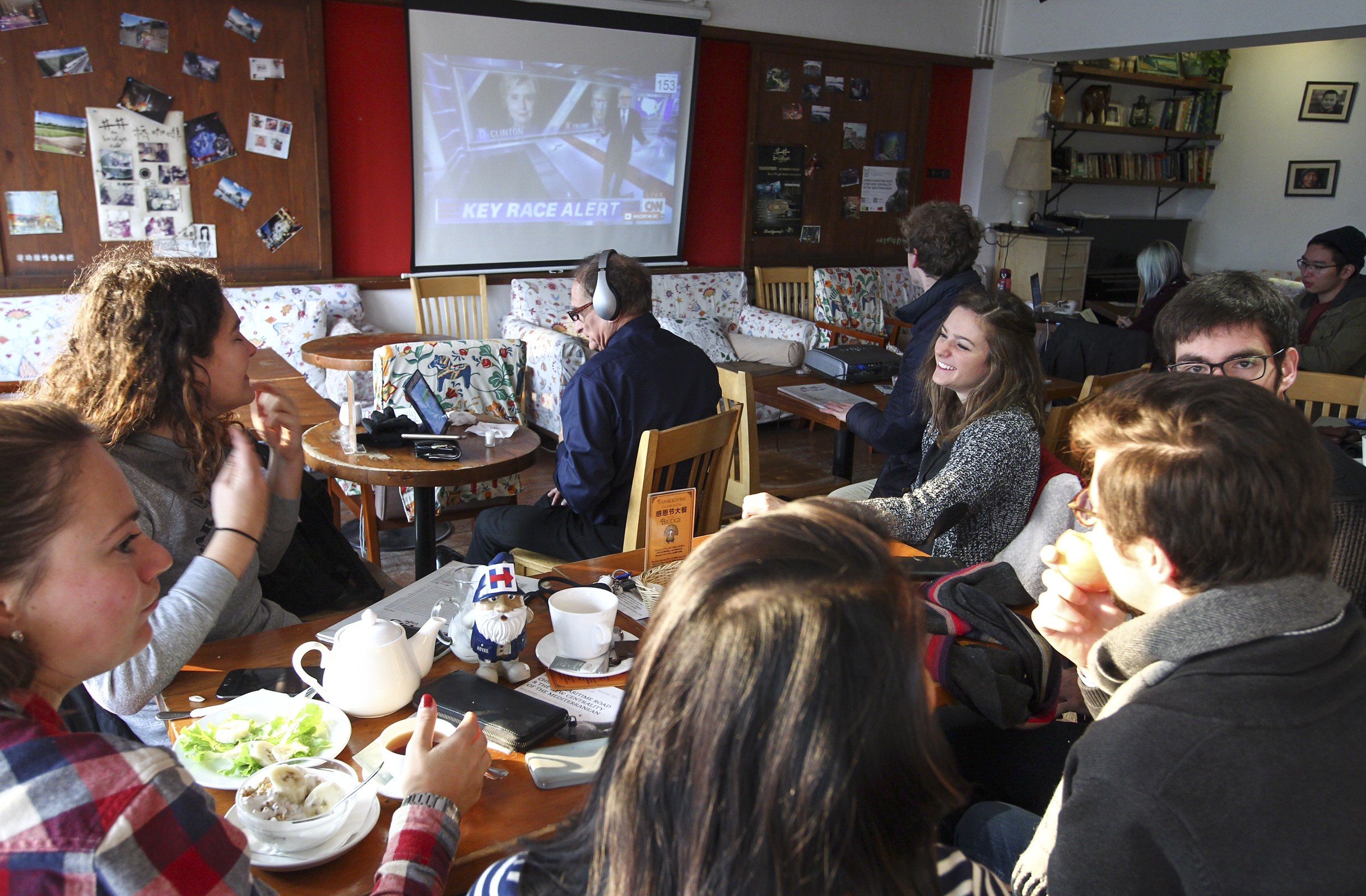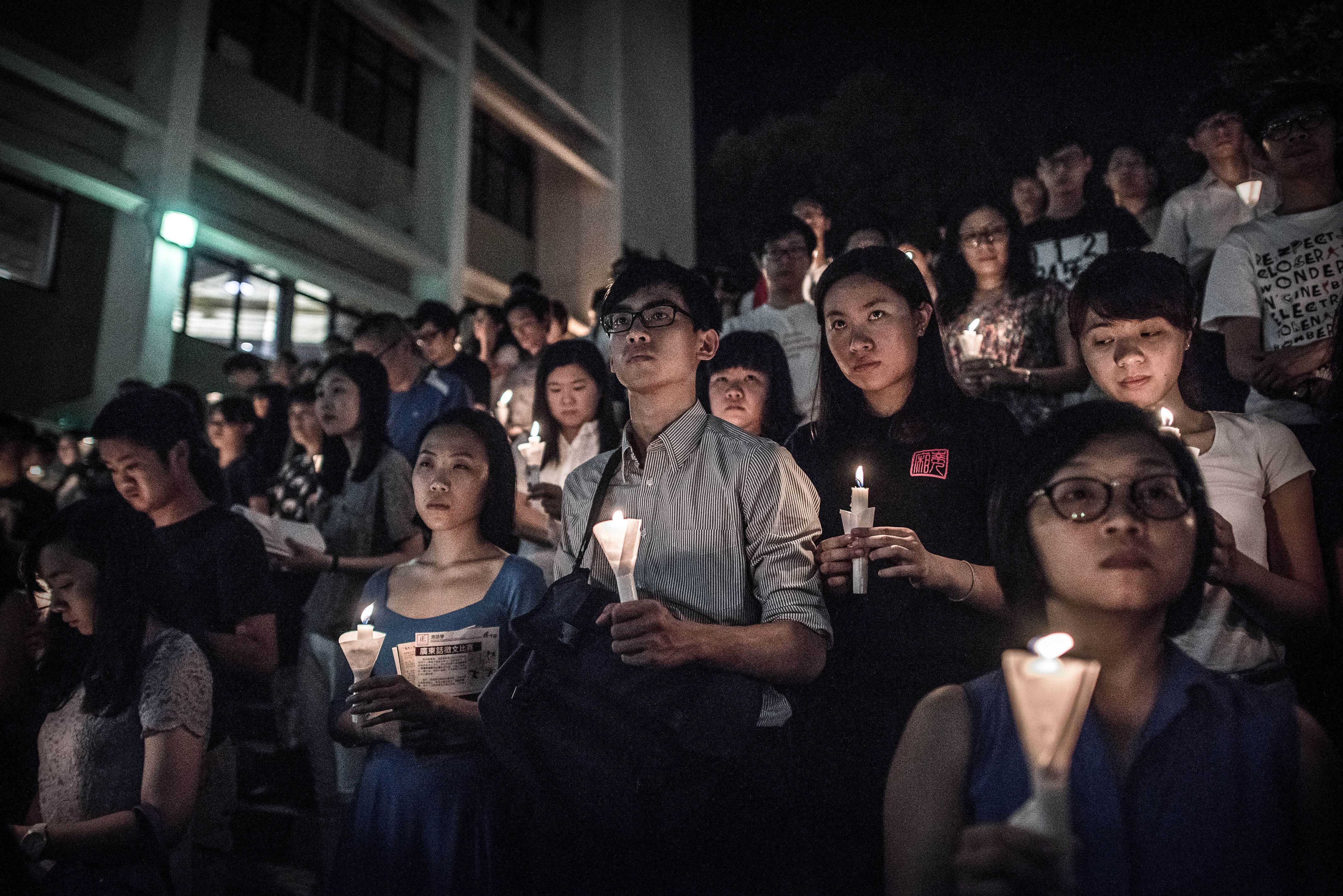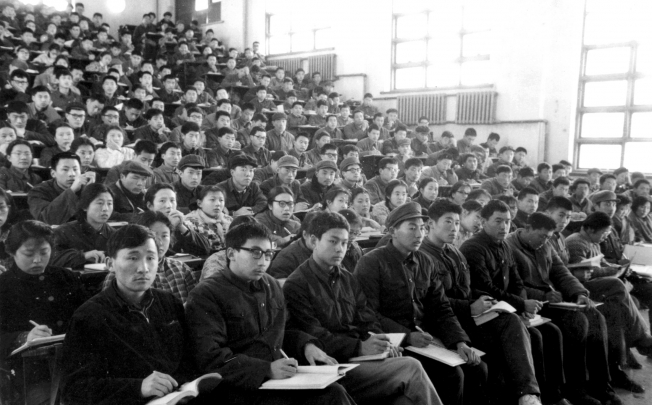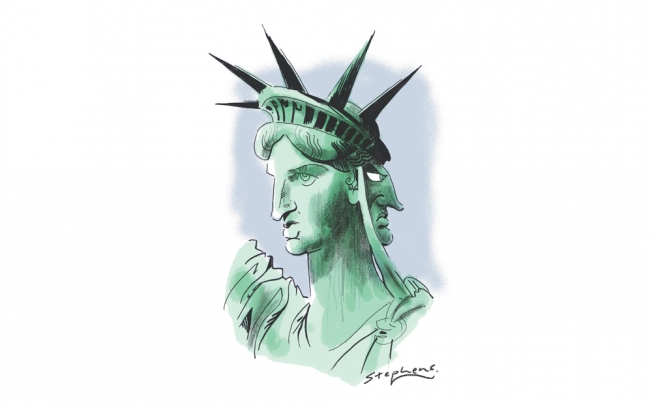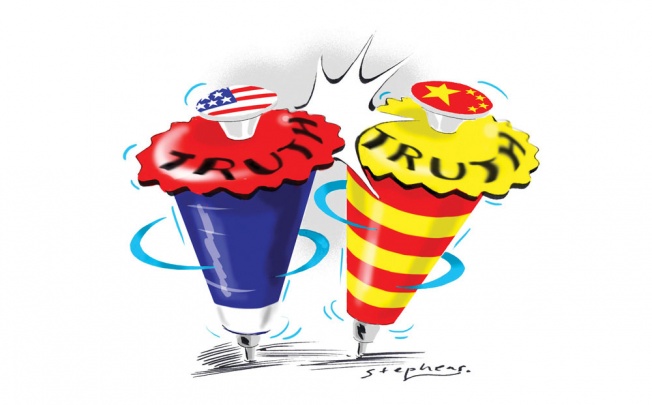
China may interpret the string of US officials coming to Beijing as them paying their respects, but this should not discourage such visits. The US should move forward in keeping with its ideals and standards of diplomacy, disregarding petty bumps along the way in the interest of the greater good.
Shenzhen and Pudong were able to grow and reach their current heights thanks to good geography, climate, policy experimentation and, importantly, location. Xiongan lacks those advantages, and the central government’s tight controls risk choking off the kind of organic growth seen in the world’s great cities.
It’s unlikely that China’s policy will change much under Qin as he isn’t in a position to call the shots, but his appointment represents a welcome change of tone and hope of some reversal in an increasingly fraught relationship.
The US and China have revived the space race as Nasa has started its return to the moon and China’s Tiangong space station is complete and operational. Russia, meanwhile, has seen its role diminished and could fall further out of favour as public and private options surpass Russian rockets.
For many Chinese students, the dream of an American education has lost its lustre. Some have had their study plans disrupted by the pandemic and tougher travel policies, others are put off by reports of anti-Asian hate crimes in the US.
While China was excluded from the International Space Station, it is building its own, has constructed the world’s largest radio telescope and expects to launch a powerful space telescope next year. Its accomplishments will benefit science in general and remind the US not to be complacent.
The Beijing media sphere has created a parallel universe where the Russians are the good guys and the real villains are the US and Nato. This narrative accords with Moscow’s contempt for the idea of Ukraine’s sovereignty and gives viewers a twisted, incomplete view of events.
In a joint statement on a new era of international relations, Xi and Putin have thrown down the gauntlet to the US-led world order. Those who thought history had come to an end with the collapse of communism in the USSR might have another think coming.
Nasa claims its Artemis lunar programme will promote diversity and cooperation, but fellow space powers China and Russia have been left out in the cold. With the US attempting to lay down rules for mineral extraction, the new space race looks set to divide the world – and the moon – along Cold War fault lines.
The ongoing battle between Washington and Beijing is grating heavily on a world already worn down by two years of Covid-19. As nationalist sentiment puts Asian Americans at increasing risk of xenophobic attacks, both countries must start acting responsibly.
As Washington ups its interest in Southeast Asia, it has made ‘Indo-Pacific’ its preferred term for the vast region that stretches from India to Australia. The name is an attempt to align geographic and political categories as the US competes with China for influence.
The China-Laos railway may have all but sealed Laos’ fate as a satellite state of Beijing, but it isn’t too late for the US to compete for influence – and the Southeast Asian country could benefit from the added competition.
Given the pandemic, it’s reasonable for leaders to think carefully about international travel. More importantly, summits such as the UN climate event, which require thousands of people to fly in, are hardly environmentally friendly.
Vitriol heaped on the contrarians who point out the lack of evidence for claims of genocide in Xinjiang reflects how much the Biden administration’s approach to China resembles its predecessor’s.
Sasser’s conduct during the siege of the US embassy in Beijing in 1999 shows toughness is not everything. Rahm Emanuel lacks the calm and R Nicholas Burns the verve and autonomy needed for the job.
China may be a late contender in the space race but the success of Chang’e 5 is an important milestone that moves it ever closer to building a base on the moon
US senators, including Marsha Blackburn, have called Netflix out on Liu Cixin’s comments on the Chinese government’s policies in Xinjiang. Yet Blackburn, a supporter of Donald Trump’s ‘Muslim ban’, is no friend of Muslims in Xinjiang or anywhere else.
Given the sharp decline in US-China diplomacy, the positive energy of the relationship’s early days has been replaced by petty bickering and recriminations. The brazen disrespect of science and international law by the Trump administration is akin to insisting American exceptionalism be respected at the risk of endangering public health.
Cultural exchange has long been a core element of US diplomacy, and the business of educating the world is big business. The ill-conceived policy ploy to deport students, though reversed, still puts a serious dent in the US’ reputation as a desirable place to study.
China’s old-school diplomats are being drowned out by new voices like the Foreign Ministry spokesman. Mixed messaging is, of course, part of the diplomatic toolkit, but given the stakes in US-China relations, some tact and prudence would go a long way.
There are parallels between Ghosn’s and Meng’s cases. Both were business leaders detained at an airport and placed under house arrest. The charges against both seem politically motivated. But one of them is more likely to get a fair trial.
The humour and humility evident in protest art is sorely lacking in the vigilantes at the forefront of street violence. Protest supporters who brush aside the violence are doing the movement no favours.
Li’s arrogance made him easy to hate in 1989, but he was picked on because his boss Deng Xiaoping had a no-nonsense manner that intimidated even rebels.
When Kim, surrounded by lavish praise and rapt attention, took care to avoid dropping cigarette ash or a match on his host’s’ land, it was a reminder that China’s place atop the hierarchy of communist East Asia is as strong as ever.
Beijing’s ban on foreigners congregating in restaurants may be rooted in the fear that they could be a terrorist target, but clampdowns based on racial differences come across as intolerant.
Whether or not 10,000 is an accurate account of the number killed at the Tiananmen uprising, we know the crackdown was horrific and that Beijing won’t give a clear account
Part of the folklore of being a foreign student in China in the 1980s was that Big Brother was watching, all the time. Very few people had first-hand knowledge, fewer even had proof, but the discomfort, if not fear, was pervasive.
Sales of George Orwell's works are said to be enjoying a small boom ever since the National Security Agency spy story broke, suggesting that, in confusing times, people still find solace in aphorisms and essays, fiction and fantasy, seeking to get a better grip on the uncharted and unclear dangers of the present.

